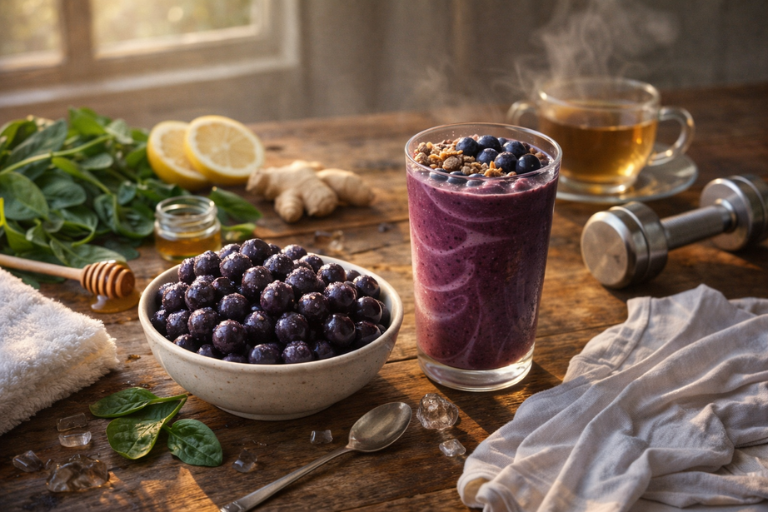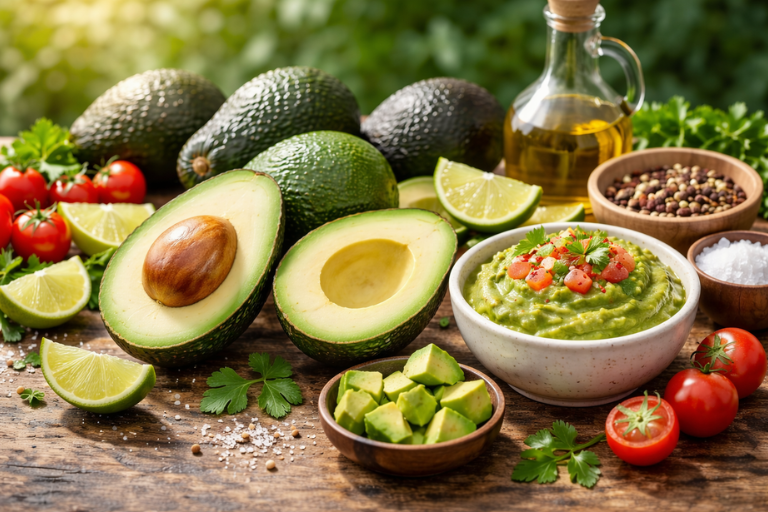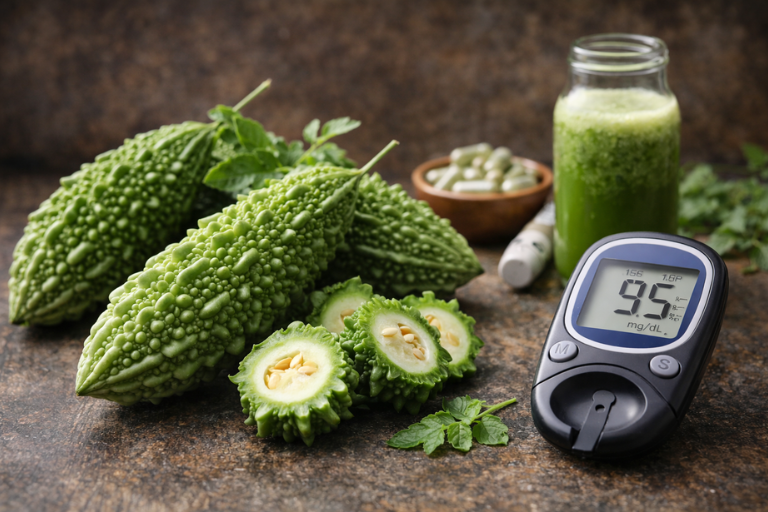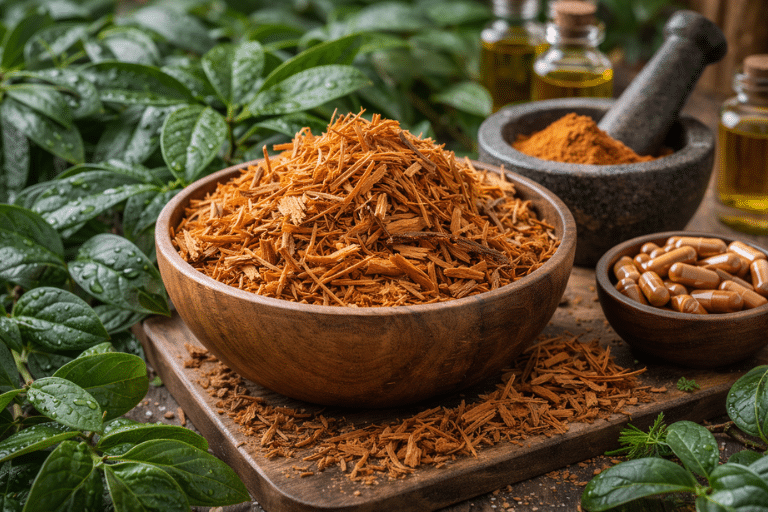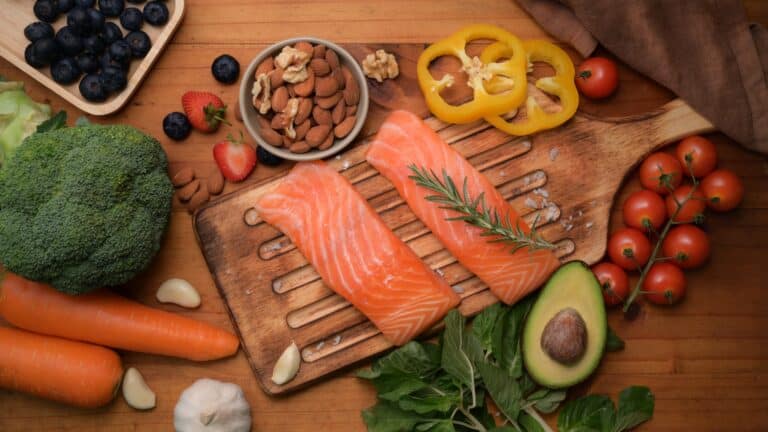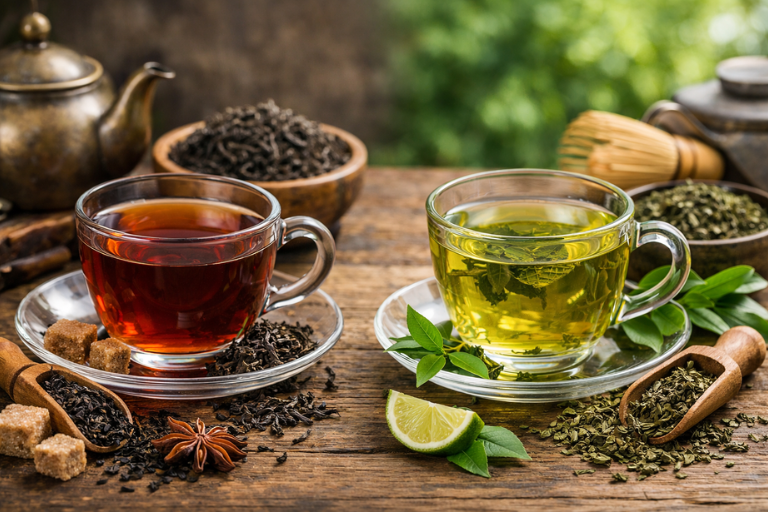How Zinc Is Essential to Our Overall Health

Zinc is one of the most crucial trace minerals our body requires to function efficiently. Though required in small amounts, it plays a vital role in various physiological functions, including immune defense, cell division, wound healing, and neurological functions. However, many people fail to meet their daily zinc intake, which can lead to deficiencies and several health complications.
This article explores the role of zinc in human health, the best dietary sources, and how its deficiency can impact the body. Whether you’re looking to strengthen your immunity, enhance brain function, or maintain skin health, understanding the importance of zinc is key to a healthier life.
What is Zinc?
Zinc is an essential micronutrient. It is present as a trace element in the human body, ranging from 1.6 to 3.0g, or approximately 2.0g. In other words, it has an amount of 30mmol, which is 0.0005% of the total body weight. According to WHO records, over 2 billion people in developing countries have been affected by zinc deficiency.
Recommended Daily Allowance: RDA of zinc for an adult woman is 8mg/day and for an adult, man is 11mg/day.
How Zinc Is an Important Nutrient
Given that zinc is an intracellular element, 60% of the total 2g of zinc is taken up by the skeletal muscles, and the rest, 40%, is found in the bones. As a molecule, zinc is involved in various enzymatic processes, oxidation reactions, gene expression, signaling, and nerve modulation.
The best natural sources of zinc in our daily diet include whole grains, dairy products, red meat, oysters, green leafy vegetables, firm tofu, shellfish, hemp seeds, pumpkin seeds, lentils, mushrooms, nuts, almonds, and cashews are fortified with zinc.
How Much Zinc Do You Need?
The recommended daily intake (RDI) of zinc varies based on age, sex, and lifestyle factors. Here’s a quick breakdown:
| Group | Recommended Daily Zinc Intake |
|---|---|
| Infants (0-6 months) | 2 mg |
| Children (1-8 years) | 3-5 mg |
| Teens (9-18 years) | 8-11 mg |
| Adult Women (19+ years) | 8 mg |
| Adult Men (19+ years) | 11 mg |
| Pregnant Women | 11-12 mg |
| Breastfeeding Women | 12-13 mg |
Zinc Health Benefits to the Human Body
Zinc has great importance to our overall health. Let’s discuss some health benefits of zinc and how beneficial it is for the functioning and coordination of our overall body system.
Enzymatic Activity
Zinc plays an integral role in the structural development of more than 300 enzymes in the human body. It is considered a moiety in the enzymatic configuration. These enzymes are responsible for protein metabolism, skeletal maturation, bone mineralization, red blood cell integrity, carbon dioxide’s interconversion, and the maintenance of the human body’s acid-base balance.
It is credible for the activity of the human body’s normal buffer system and for carrying out the proper digestion of the body’s secretory proteins.
Inflammation and Immunity
It strengthens the immune system by combating pathogens, including viruses and bacteria etc. It is responsible for disrupting the protein configurations in these microbes.
Zinc, an integral part of many enzymes, plays a role in the destruction of proteinaceous structures of these microorganisms by carrying out an enzymatic activity of DNA and RNA lysis. This prevents the replication of these pathogens and decreases their virulence in the human body.
In inflammation, zinc plays an effective role in the production of cell-mediated immunity by activating the T cells, the first line of defense of the human body.
Antioxidant
Zinc has shown a protective function in cellular events by limiting the production of ROS (reactive oxygen species) or, in other words, by reducing oxidative stress.
The prevention of excessive ROS generation limits DNA damage, thus preventing events such as cell cycle arrest and apoptosis (cell lysis).
Wound Healing
Zinc plays a vigorous role in the speedy recovery of wounds. It supports collagen synthesis and, hence, maintains the structural integrity of dermal tissues.
Blood Glucose Levels
It has been reported that zinc supplementation is very helpful in patients with Type-1 and type-2 diabetes mellitus. Zinc boosts insulin secretion and helps maintain normal blood glucose levels.
Zinc helps in lowering the higher blood cholesterol levels, lowers LDL, and reduces the overproduction of triglycerides.
Fertility
It has a vital role in male reproductive health, by increasing the sperm count. It intensifies the testosterone output by converting cholesterol, into sex hormones. Studies have reported it enhances sperm motility and morphology.
Maintenance of Vitamin A levels
Zinc has shown a remarkable function in increasing the absorption of vitamin A, which, therefore, prevents night blindness. A higher concentration of zinc is documented in retinal tissues. Along with vitamin A, zinc plays an important part in treating acne by converting vitamin A to its active forms, i.e., retinol-A. This reduces the risk of active acne and prevents the clogging of the pores by bacteria residing in them.
Mood and Cognition
It stops nerve overstimulation and keeps the brain and associated nerves in a healthy equilibrium. By increasing serotonin levels, it provokes a sense of tranquility and accomplishment.
Taste Sensations
Gustin, zinc-containing protein is responsible for the development of taste buds and loss of taste sensation. Hypogeusia has been reported in the deficiency of zinc.
Nail and Hair health
The secret ingredient for improving the hair and nail health naturally is zinc in the diet. The hair follicle building proteins have zinc in them and that promotes the strengthening and the structural integrity of hair follicle. It prevents hair thinning and shedding.
Top Zinc-Rich Foods You Should Include in Your Diet
The best way to get zinc is through whole foods. Here are some of the richest sources of this vital mineral:
1. Oysters – The Ultimate Zinc Powerhouse
Oysters top the list when it comes to zinc content. Just 6 medium-sized oysters provide over 32 mg of zinc—almost four times the daily recommended intake for men!
2. Red Meat – A Protein-Packed Zinc Source
Beef, lamb, and pork are all great sources of zinc. A 100-gram serving of beef contains about 4.8 mg of zinc, covering almost half of the daily requirement for men.
3. Poultry – A Lean and Tasty Option
Chicken and turkey also contain zinc, though in smaller amounts than red meat. A 100-gram serving of chicken provides 1 mg of zinc, making it a good option for those who prefer lean protein.
4. Shellfish – Nutrient-Dense and Delicious
Besides oysters, other shellfish like shrimp, crab, and mussels offer a healthy dose of zinc. A 100-gram serving of crab contains 6.5 mg of zinc.
5. Nuts and Seeds – A Plant-Based Zinc Source
For vegetarians and vegans, nuts and seeds are excellent sources of zinc:
- Pumpkin seeds – 7.8 mg per 100g
- Hemp seeds – 10 mg per 100g
- Cashews – 5.6 mg per 100g
6. Dairy Products – A Double Dose of Nutrition
Milk and cheese not only provide calcium but also contain zinc. A 100-gram serving of cheese can provide up to 3.1 mg of zinc, making it a great addition to your diet.
7. Legumes – A Zinc-Rich Option for Vegetarians
Lentils, chickpeas, and beans contain decent amounts of zinc, but they also have phytates, which can reduce zinc absorption. Soaking and sprouting legumes can improve zinc bioavailability.
8. Whole Grains – A Healthy Zinc Source
Whole grains like quinoa, oats, and brown rice contain zinc, though phytates slightly hinder their absorption. Eating them with vitamin C-rich foods can enhance zinc absorption.
9. Eggs – A Versatile and Nutritious Choice
Eggs contain moderate amounts of zinc, with one large egg providing about 1 mg. They’re a great option to incorporate zinc into your daily diet.
10. Dark Chocolate – A Sweet Zinc Boost
Good news for chocolate lovers! 100 grams of dark chocolate (70-85% cocoa) provides 3.3 mg of zinc—a delicious way to meet your daily needs.
Signs of Zinc Deficiency
Zinc deficiency is more common than you might think. Some warning signs include:
- Frequent infections or colds.
- Hair loss and brittle nails.
- Loss of appetite and weight loss.
- Slow wound healing.
- Skin issues like acne and eczema.
- Brain fog and difficulty concentrating.
If you suspect a deficiency, it’s best to consult a doctor and consider increasing your intake of zinc-rich foods.
Final Thoughts
Considering facts regarding the health benefits of the zinc and peeping into minor details how it is carrying out the coordination in the human body. It is essential to add a potent nutrient like zinc for promising health outcomes in longer terms.

